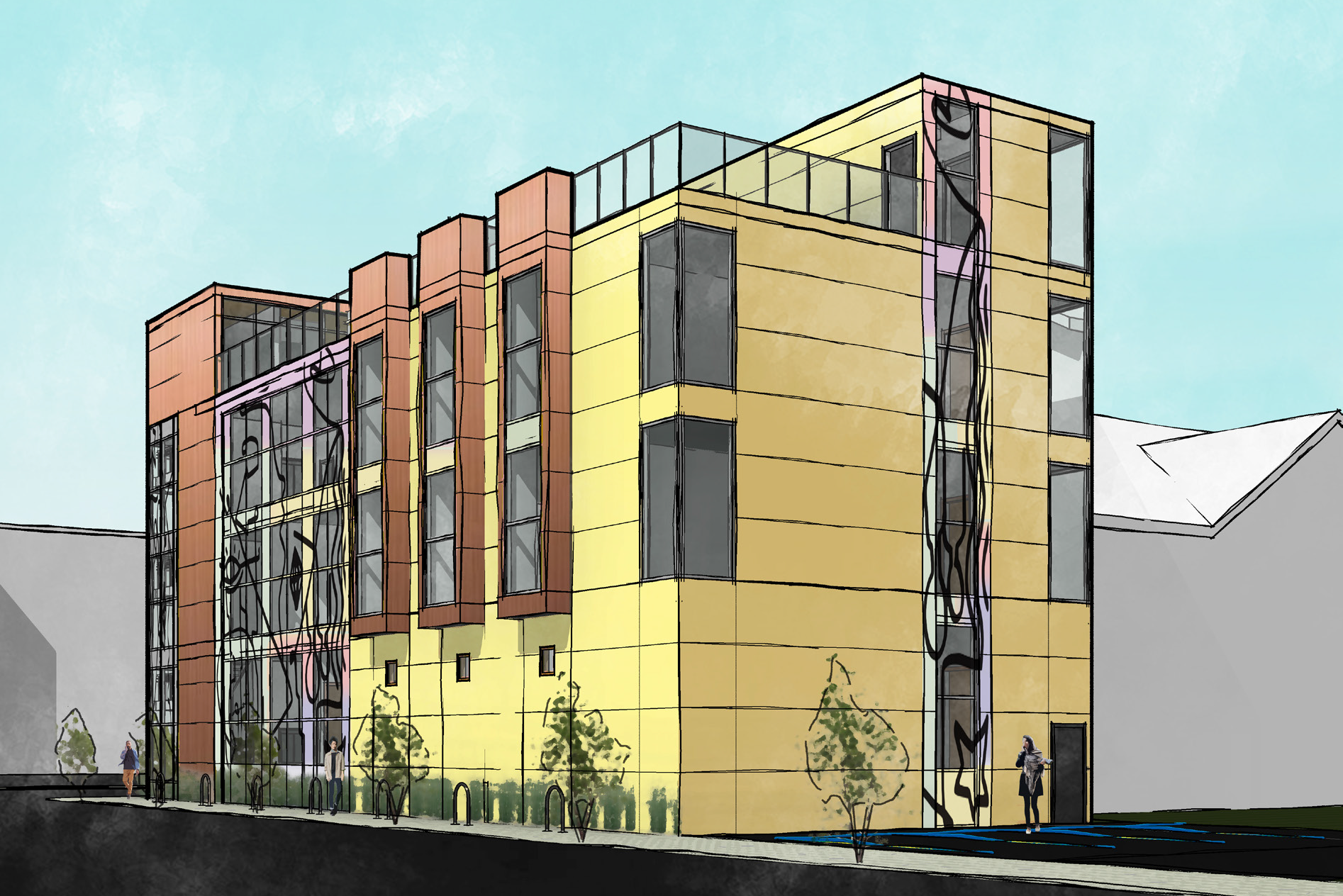Serial entrepreneur and civil rights advocate Anthony Brutus Cassius knew the dreamers of his day needed a place to gather and plan, create and connect. Cassius first found that space at Foster’s Sweet Shop, where he and other prominent black Minneapolitans met monthly and strategized for civil rights in the 1930s. Among friends and fellow reformers, Cassius learned the importance of social entrepreneurism. Inspired by what he found at Foster’s Sweet Shop, Cassius opened the Dreamland Café on 38th Street and Fourth Avenue in 1937, in the heart of the south side’s black community. In highly segregated Minneapolis, many considered the Dreamland Café to be the only social center for African-Americans, and the restaurant drew celebrities like Lena Horne and Frankie Lymon when they came to town
Dreamland Café Reimagined
Today, 38th street is poised to become one of six cultural districts in Minneapolis, created to drive economic development in the city’s most diverse neighborhoods. Dreamland on 38th will be an anchor project in the 38th Street Cultural Corridor. Dreamland on 38th is a joint venture between the nonprofit Cultural Wellness Center, one of the original founders and co-owners of the Midtown Global Market, and African-American entrepreneur Dr. Freeman Waynewood. Building on the experience and expertise of the Cultural Wellness Center, Dreamland on 38th will provide cultural healing through culinary heritage.
The vision is to create a flexible, supportive work space for African-American entrepreneurs to start and expand small businesses focused on the intersection of food and heritage— and to offer a dynamic space to host community gatherings and events. Dreamland on 38th will leverage the Cultural Wellness Center’s many cultural, community and business networks to create social and economic opportunities that enrich African-American entrepreneurs, entities and services.
With its unique mission, Dreamland on 38th honors the legacy of A.B. Cassius, his social entrepreneurism, his commitment to building a strong black community in Minneapolis—and his focus on food as a way to bring people together.
Read the full feature in Alley News







